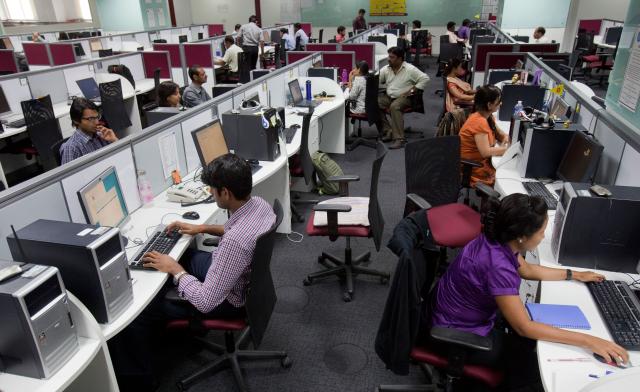
Modest appreciation yet Mumbai property market steady
Bottom Line: Contrary to general perception, NHB Residex shows Mumbai…

Bottom Line: Contrary to general perception, NHB Residex shows Mumbai…

The Union Budget for 2016-17 has overall been a good…

Industry players’ have given mixed reaction on the Union Budget…

Dubai has always been an exciting destination for employment -…

“I am reading these newspaper reports about the real estate sector demanding so many things with the Union Budget. Most of these demands are for their financial health than understanding the market from common homebuyers’ perspective like us. Do we matter at all in this eco system where neither the government nor the developers understand what keeps us away from the property market,” says Shweta Sanyal, an advertising professional in Mumbai.

Several amendments to the Real Estate (Regulation and Development) Bill, 2015, suggested by the select committee of Rajya Sabha, have now been accepted by the Union Cabinet. This is a major step towards introducing the amended bill in the Rajya Sabha. The bill will bring in much-needed transparency and accountability in the real estate sector.

From being the governance wild child to maturing into a market influencer, India’s real-estate sector has transformed in the past decade, with a paradigm shift from family owned businesses to corporates along with a few companies listing on stock exchanges. The change began with the government opening doors to Foreign Direct Investment (FDI) in 2005 and then welcoming the next wave of stability as corporate houses brought image restoration for the sector. Led by corporate entities, realty companies soon adopted corporate governance wherein transparency began to trickle down into the system as a norm slowly.

In the evaluation of sustainability of a housing market, the absorption of office space is the prime indicator across the world. After all, it is the economic activity and the job magnet that fuels the demand for new houses. The city of Mumbai has always been blessed on that count due to demand and supply dynamics.

For a very long time, Pune was considered little more than a pensioner’s destination which benefited to some extent from its proximity to Mumbai. It was not considered a serious real estate market at a national or international level. This has now changed for good – the city has attained its own unique identity and is firmly in the limelight as a thriving economic microcosm, with a real estate market that has overtaken Mumbai in terms of attractiveness and investment viability.

Following a particularly strong fourth quarter of 2014, the first quarter of 2015 reported comparatively slow activity on the office market front across leading cities. This apparent demand drop was largely because most corporate space occupiers were still strategizing their real estate plans for the year during the period, with fewer transaction decisions being implemented in the first quarter.
